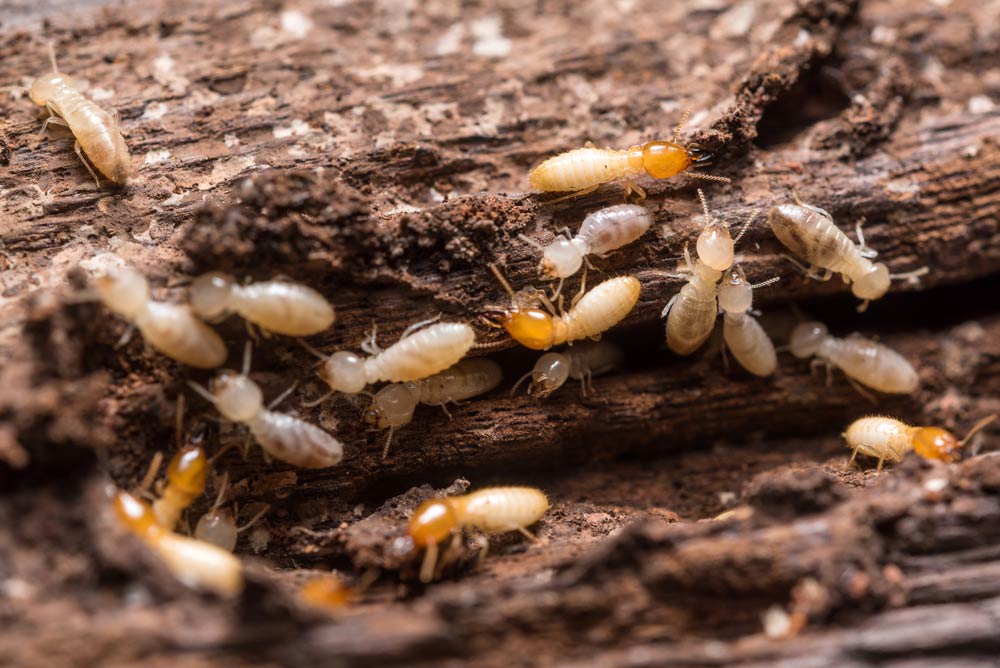
As long as your roof isn’t leaking and turning your home into a swimming pool, you might not give too much thought to it. It protects you from those pop-up Atlanta summer storms, the cold in the winter, and the stifling Georgia summer heat. While the roof on your house may not always be at the forefront of your mind, your home insurance company definitely gives it a lot of thought. Why? We’ll explain. We’ll also explain how your roof affects your home insurance rates and discuss roof-related home insurance discounts.
Question 1: Does my roof affect my home insurance rates?
Roofs are the first line of defense during storms. It takes the brunt of the beating, and its job is to protect your home. The stronger it is, the better it can do that. And your insurance company probably has an interest in any factor that can protect your house and minimize damage to your house.
First, let’s talk about the roofing material. Roofs can be made of many different materials, of course, but certain materials hold up better against wind and hail damage.
Okay, now on to your roof’s age, which can also affect your home insurance. Newer roofs have weathered fewer storms and sustained less damage than older ones. An older roof has most likely been worn down from the weather, and it may not protect your home as effectively as a newer one would.

Question 2: Can I get a home insurance discount because of my roof?
There are many potential home insurance discounts you could qualify for, and some of them are related to roofing. Of course, each of the Georgia insurance companies offers different discounts for different amounts, so you’d have to check with your specific company. However, the following are some possible discounts to look into…
New roof discount:
If you just got a brand-new roof, let your insurance company know. They might throw a discount your way because it’s going to protect your home from storm damage – and it’s still tough and able to hold up against the weather.
Pro tip: If you know you need a new roof, reach out to your insurance agent first to see what you need to know about getting a discount.
Impact-resistant or metal roof:
Certain materials are less likely to be damaged by wind or hail damage – they’re a little tougher. Because of the lower chance of damage, some insurance companies offer a discount for impact-resistant roofs. It might be something worth looking into.
Fire-resistant roof:
Insurance companies really don’t like fire. If you have a fire-resistant roof, your home could experience less damage if you ever have a fire. That’s why some insurance companies might offer a discount for it, although it’s a little less common than a discount for impact-resistant roofs. Still, it could be worth reaching out to your agent if your roof happens to have fire-resisting superpowers.
These are just a few roof-related discounts that could be available to you. Do some research on discounts offered by your insurance company to see what opportunities they have to save money on your Georgia home insurance rates.
So, that’s the deal with roofs and home insurance. Roofs function a little like armor and protect the houses they’re attached to – they’re more than just glorified umbrellas.

Wondering how you can save money on your home insurance? Our team of insurance agents can help you shop your rates and save. Getting multiple quotes will allow you to compare coverages and pricing. And all you have to do to get in touch with us is fill out our quote form or give us a call today.
Source:
https://www.schulteroofing.com/latest-news/top-5-insurance-discounts-roofing










 Most people aren’t too fond of bugs. And Atlanta has plenty of them. As far as your home goes, one of the more destructive bugs out there is the termite. Termites can wreak havoc on your house. Yikes. So, what if termites take up residence in your home? Does
Most people aren’t too fond of bugs. And Atlanta has plenty of them. As far as your home goes, one of the more destructive bugs out there is the termite. Termites can wreak havoc on your house. Yikes. So, what if termites take up residence in your home? Does 





